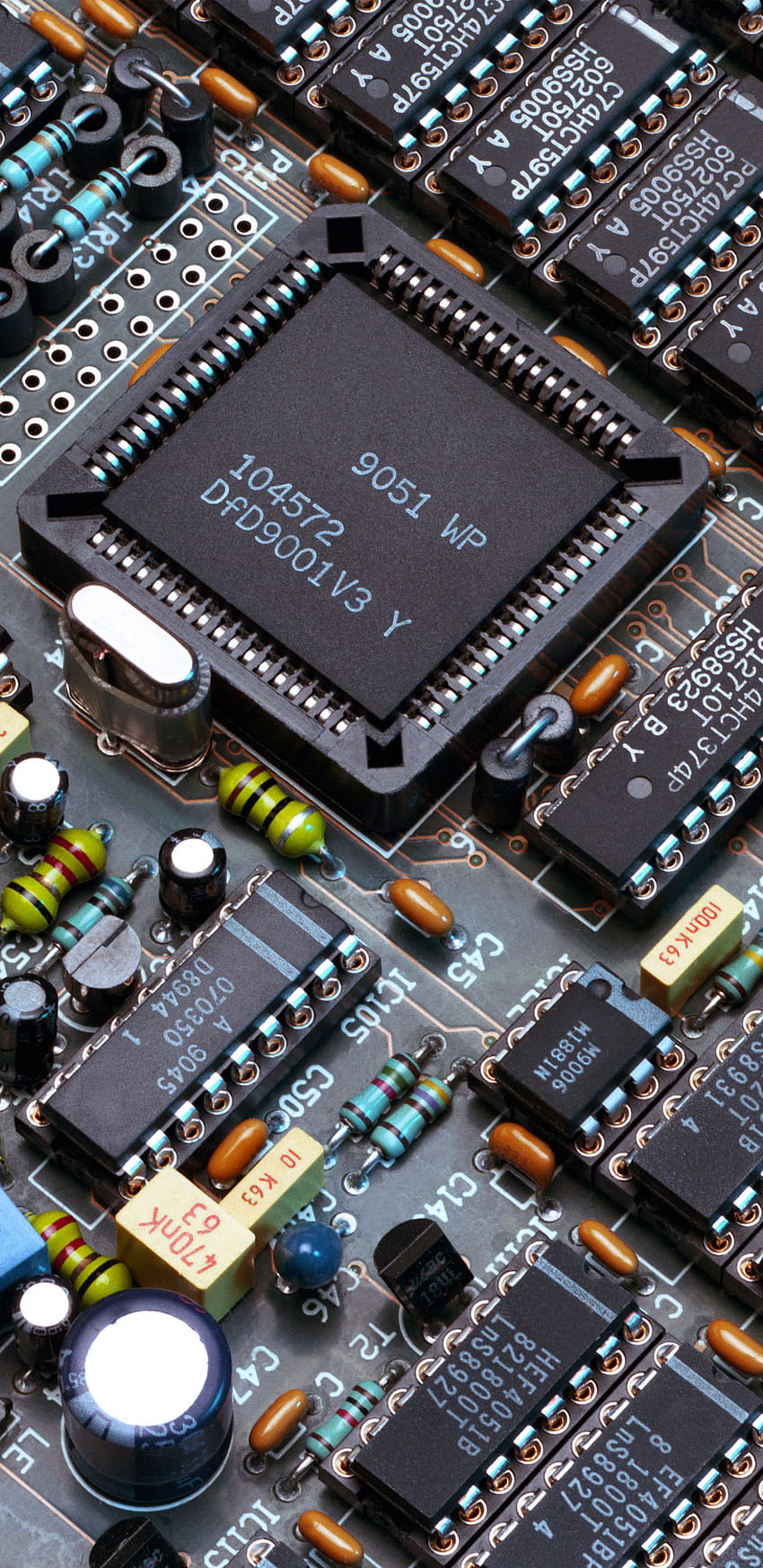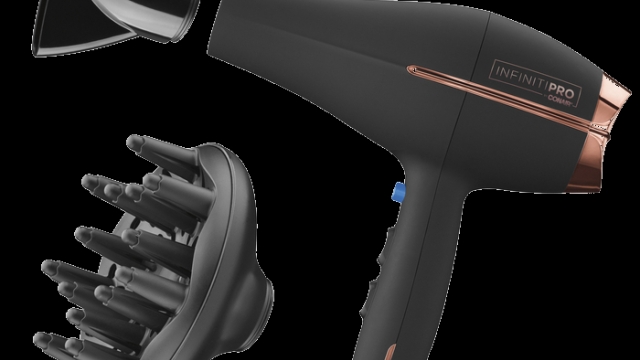
Electronic components form the building blocks of modern technology, quietly powering devices that have become essential to our daily lives. From the tiny resistors to the complex integrated circuits, each component plays a vital role in the functionality of electronic devices. Understanding these components and their secrets unravel the mysteries behind the electronic devices we rely on so heavily.
At the core of electronic components lies a fascinating world where electrical signals are transformed and manipulated to serve diverse purposes. These components are carefully designed and engineered to perform specific functions, ensuring the smooth operation of electronic devices. By delving into the intricacies of electronic components, we gain insight into the intricate mechanisms that drive innovation and progress in the realm of technology.
Types of Electronic Components
Electronic components play a crucial role in the functioning of various devices. There are different types of electronic components that serve specific purposes. These components can be broadly categorized into active and passive components.
Active electronic components are those that can control the flow of electricity. Examples of active components include transistors, diodes, and integrated circuits. These components require a power source to function and are capable of amplifying signals or generating oscillations.
Passive electronic components, on the other hand, do not require a power source to operate and simply respond to the flow of electricity. Resistors, capacitors, and inductors are common passive components used in electronic circuits. These components help regulate the flow of electricity and store or release energy as needed.
Functionality of Electronic Components
Electronic components play a crucial role in the functioning of various devices, from smartphones to complex machinery. Each component serves a specific purpose in the overall system, contributing to its performance and functionality.
Resistors are one of the fundamental electronic components that limit the flow of electrical current in a circuit. This property is essential for controlling voltage levels, protecting sensitive components, and ensuring the stability of the circuit.
Capacitors store and release electrical energy, acting as temporary reservoirs that stabilize voltage levels and filter out unwanted signals or noise. They also play a key role in timing circuits and power supply regulation, enhancing the efficiency and reliability of electronic systems.
Importance of Electronic Components
Electronic components serve as the foundation for all modern technological devices and systems, playing a crucial role in their functionality and performance. These components are essential building blocks that enable the seamless integration of circuits, facilitating the transmission and processing of electronic signals.
The significance of electronic components lies in their ability to regulate and control the flow of electricity within electronic devices, ensuring precise and efficient operation. Without these components, the complex functions and capabilities of modern electronics would not be possible.
Furthermore, electronic components contribute to the miniaturization and efficiency of electronic devices, allowing for the development of smaller, lighter, and more powerful consumer electronics. From resistors and capacitors to integrated circuits and transistors, each component serves a specific purpose in ensuring the overall functionality and reliability of electronic devices.


